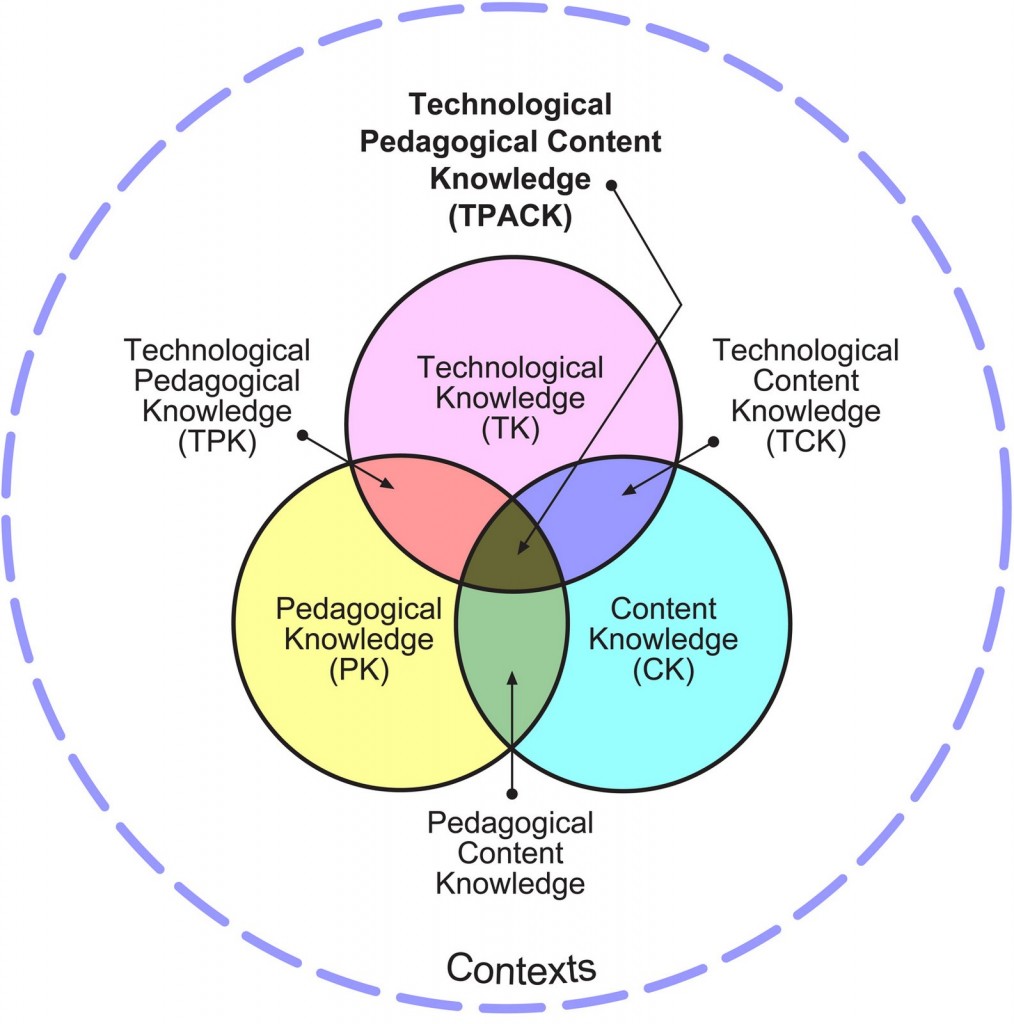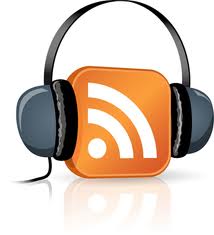Since 2009 several BCC faculty members participated in intensive summer podcasting training in which we offer both technical and pedagogical support. The following programs have been used during the training: Audacity, Windows Movie Maker, Jing and Camstudio. Below you will find podcasts produced by both faculty and students.
History
http://kculkin.podomatic.com/ Dr. Kate Culkin
Dr. Culkin made extensive use of video podcasting in her history class (History 20) in which students research historical landmarks in New York City. After recording their podcasts, students post them on their ePorfolios, which also includes other information about the historic location and the research they have done. Making a podcasts about an historic locations allows students to assume the role of historians, and more specifically, allow them to experience what it means to be a public historian, to discuss about history in a public manner.
eHerodotus — A virtual companions to History 10 and 11 (J. Getman-Eraso, R. Maryks, T. Rotenberg ). Videos are used to enhance the learning of history.
Foreign Languages: Portuguese and Italian.
Podcasting used in a language class is an excellent tool to reinforce pronunciation, and to extend language exposure outside of the confines of the classroom.
Dr. Giulia Guarnieri, (Italian), Il salotto, Audio Files, Podcasting eportfolio site
Dr. Alexander Lamazares, Portuguese (the site is viewable only within BCC)
Some BCC faculty members extended the benefits of podcasting to students by allowing them to create audio/video files as part of their academic portfolios. Podcasting allows for a comprehensive approach to teaching and learning: it supports the pedagogical objectives of specific disciplines and the general education goals of information literacy. In addition, podcasting has also proven to be a valid assessment tool for languages it helps students monitor progress in their language proficiency. For history, the podcast assignment has very clear criteria, including the use of sources and the type of information that needs to be included. The clear criteria and specific end assignment make it easier to assess the skills the students have learned, while still encouraging the students’ creativity.
Each student is provided with mp3 players and technical training. The following are examples of podcasts created by our students.
History
Reilyn Roque Digital Stories
Crystal Rivas, History
Anthony Jose’ , History
Italian
Evelyn Torres — Italian
Carolina Valdivieso — Video
Edwin Amador — Interview
Communications
Albano Shala — Academy Award Speech
© G. Guarnieri




